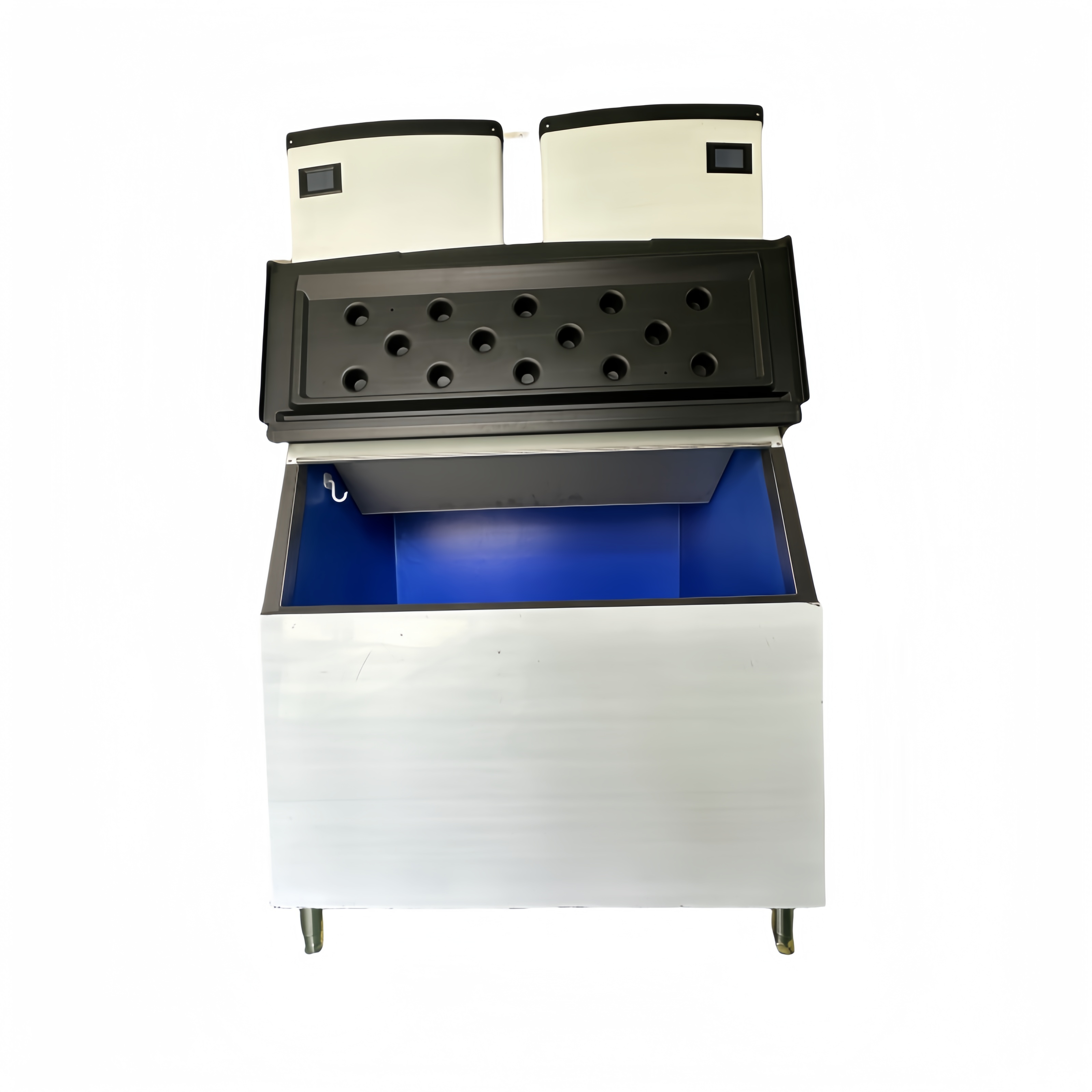Views: 0 Author: Site Editor Publish Time: 2025-04-23 Origin: Site
Cold rooms play a crucial role in preserving goods by maintaining the perfect temperature. Have you ever wondered how businesses store perishable items or temperature-sensitive products for long periods? Cold rooms, whether in commercial facilities or homes, offer a solution.
In this post, we'll discuss the purpose of cold rooms, including their use in houses and businesses. You’ll learn how cold room panels and cold room insulation help maintain efficiency and quality in storage.

A cold room is a temperature-controlled space used to store perishable items like food, pharmaceuticals, and chemicals. These rooms ensure that products stay fresh and safe for longer periods by maintaining a consistent temperature.
One of the main components of a cold room is the cold room panel. These panels are essential for controlling the temperature. They are typically made of insulated materials that help keep the room at the desired temperature while preventing heat from entering.
Another critical element is cold room insulation. It plays a significant role in ensuring energy efficiency. The insulation minimizes heat transfer, making it easier to maintain the internal temperature without overworking the refrigeration system. This also helps reduce energy costs.
By using the right panels and insulation, a cold room remains efficient, preserving its contents in the best conditions possible. Whether for a home or business, these systems work together to create the perfect environment for temperature-sensitive goods.
Cold rooms work by using a refrigeration system to maintain a specific temperature. This system includes key components: compressors, condensers, and evaporators.
The compressor pressurizes the refrigerant gas, which then flows through the system. As it moves through the condenser, the gas cools and turns into a liquid. Next, the liquid refrigerant travels through the evaporator, where it evaporates, absorbing heat from the room. This process cools the air and keeps the temperature low.
To ensure consistent and accurate storage conditions, many cold rooms are equipped with temperature monitoring systems. These systems track the room's temperature, providing real-time data. This helps ensure the environment remains within the required range, preventing spoilage or product damage.
Additionally, cold room insulation plays a crucial role in temperature control. It helps maintain the internal environment by reducing heat transfer from outside. This ensures the cold room remains efficient, requiring less energy to maintain its desired temperature.
Cold rooms come in different types, each suited for various needs.
Cold rooms in houses are ideal for homeowners who want to preserve food and drinks. These personal storage solutions allow you to store items like fruits, vegetables, and beverages at the perfect temperature.
Commercial cold rooms are much larger and are used in places like restaurants, supermarkets, and warehouses. They handle a higher volume of products and are essential for businesses that rely on maintaining a consistent temperature for perishable goods.
Cantina cold rooms are specialized for wine storage. Typically found in homes or restaurants, these cold rooms maintain the ideal temperature and humidity for aging wine, ensuring it remains in top condition.
Modular and walk-in cold rooms serve various business needs, from refrigeration to freezing. Modular systems can be customized and expanded based on specific requirements, while walk-in cold rooms offer a spacious, easy-access solution for storing large quantities of goods.
Cold room panels are vital for both residential and commercial cold rooms. These panels provide insulation, allowing for better temperature control. They help create scalable storage solutions and ensure energy efficiency, whether you're storing food at home or handling inventory for a business.
Cold rooms offer significant advantages across multiple industries by preserving goods at the ideal temperature.
Food industry: Cold rooms help extend the shelf life of perishable food items. By using cold room insulation, food stays fresh longer. Commercial cold rooms are especially valuable in restaurants and supermarkets, keeping products safe from spoilage and maintaining quality.
Pharmaceuticals: For the pharmaceutical industry, maintaining the efficacy of medicines and vaccines is crucial. Specialized cold rooms provide the required temperatures, preventing the loss of potency and ensuring product safety.
Chemical and biological products: Cold rooms play a key role in preserving sensitive chemicals and biological materials. Cold room panels contribute to maintaining the stability of these items, ensuring they remain in optimal condition for use in labs and research.
##Choosing, Installing, and Maintaining a Cold Room
When choosing the right cold room, consider several factors to ensure it meets your needs:
Cold room panels: Select panels that provide excellent insulation and are designed for the specific temperature you need.
Insulation: The quality of insulation will directly impact temperature control and energy efficiency.
Temperature needs: Choose a system that maintains the ideal temperature for your products.
Energy efficiency: Look for energy-efficient models to reduce operating costs and environmental impact.
Cold room maintenance is essential for long-term performance. Regular checks and monitoring help ensure that the room maintains the correct temperature. It’s also crucial to inspect the refrigeration system and check for any leaks or malfunctioning parts. This helps avoid costly repairs and product loss.
Professional installation is key for both residential cold rooms and commercial cold rooms. Improper installation can lead to poor performance or energy waste. Ensure the space is prepared correctly, and that installation is carried out by certified experts who understand the technical requirements.
Cold rooms are essential for preserving the quality and safety of temperature-sensitive goods. Whether for residential cold rooms or commercial cold rooms, they help maintain freshness and prevent spoilage.
By considering cold room panels, insulation, and temperature monitoring, you can ensure efficient storage. Regular maintenance and proper installation enhance reliability and energy efficiency.
If you're choosing a cold room, make sure it suits your needs and helps preserve your valuable products.